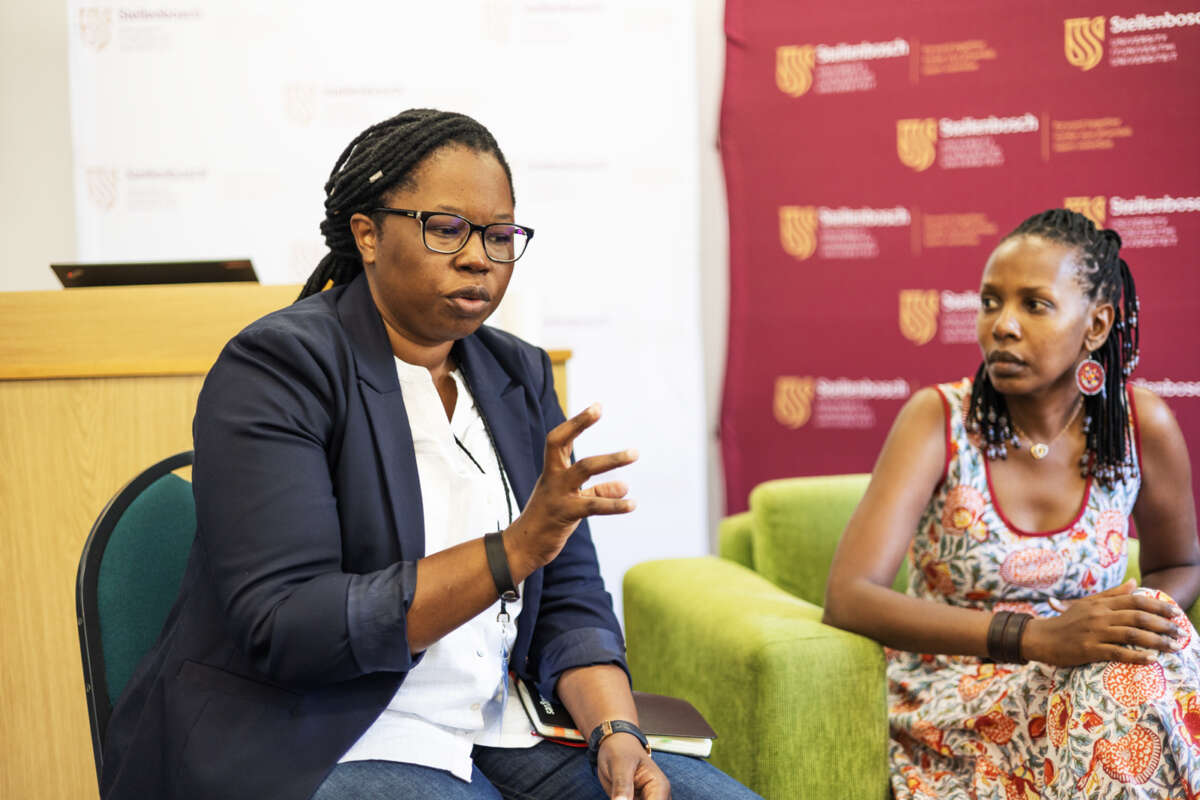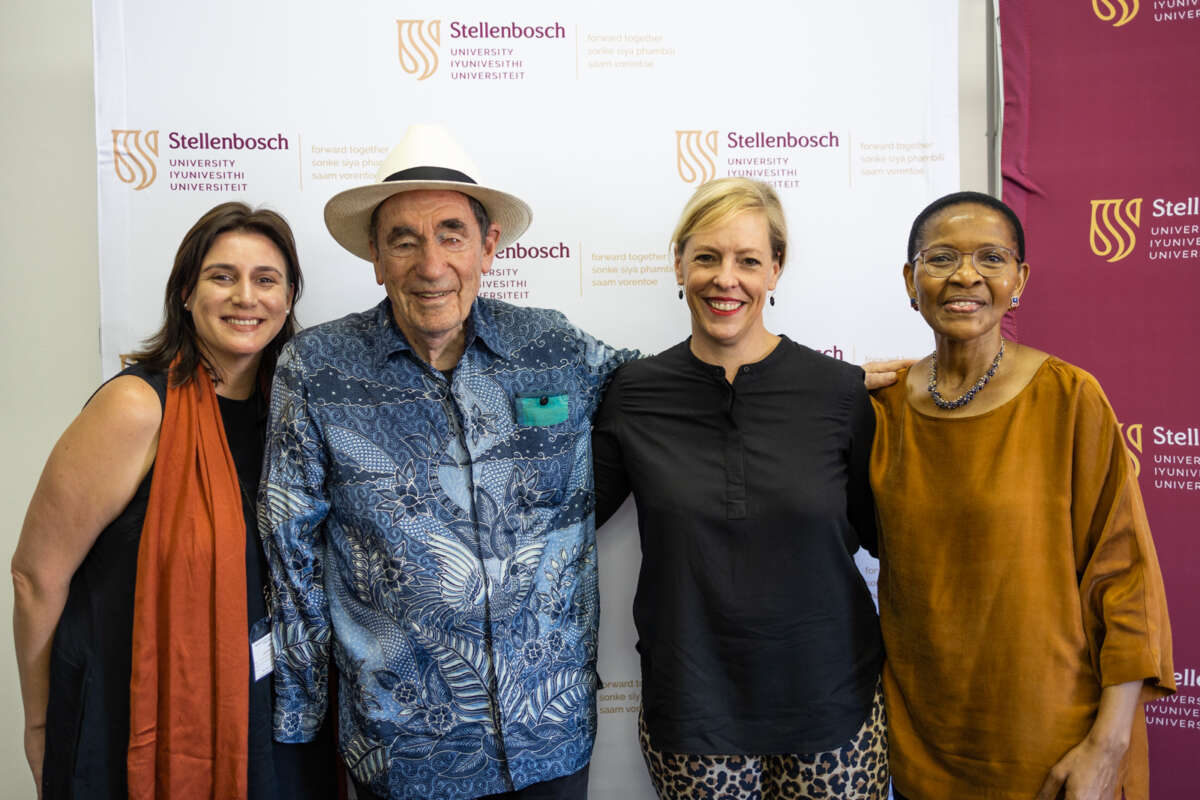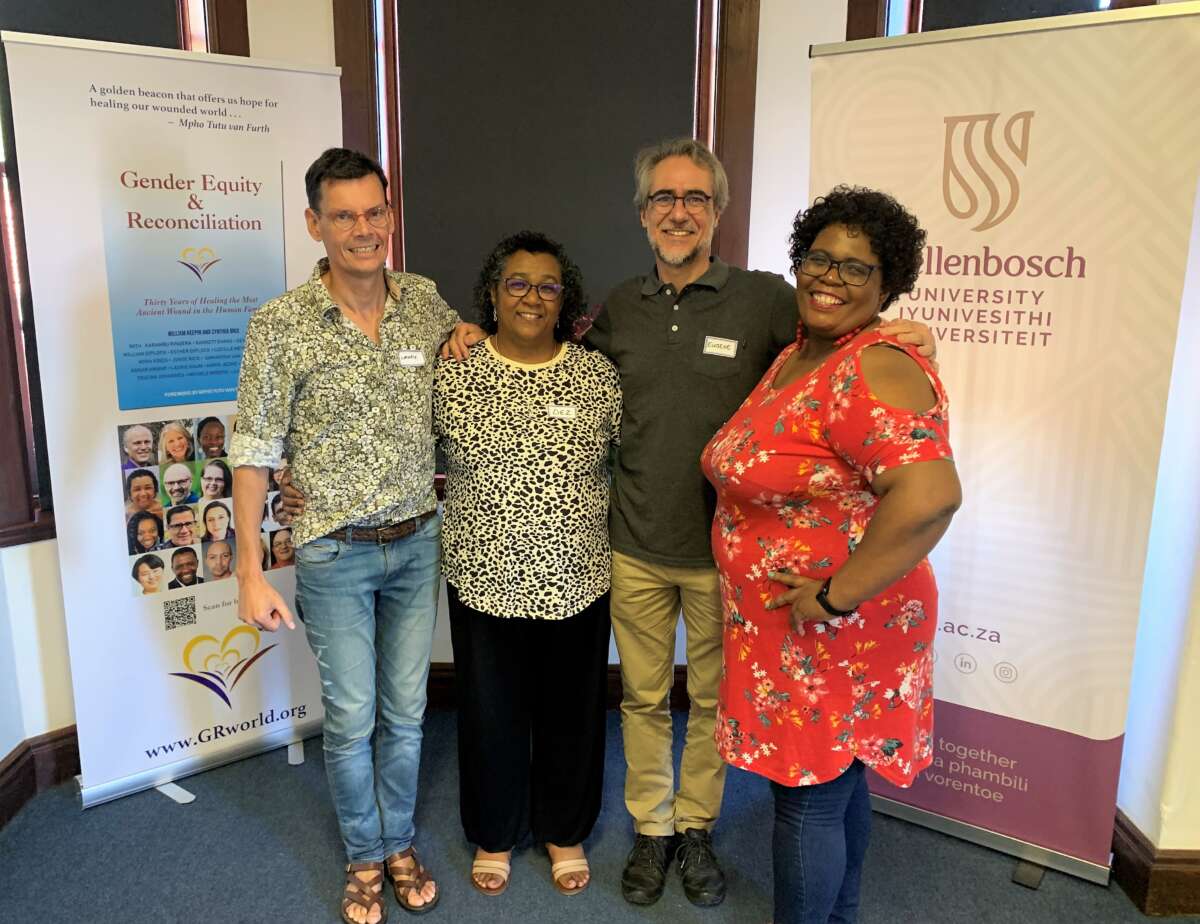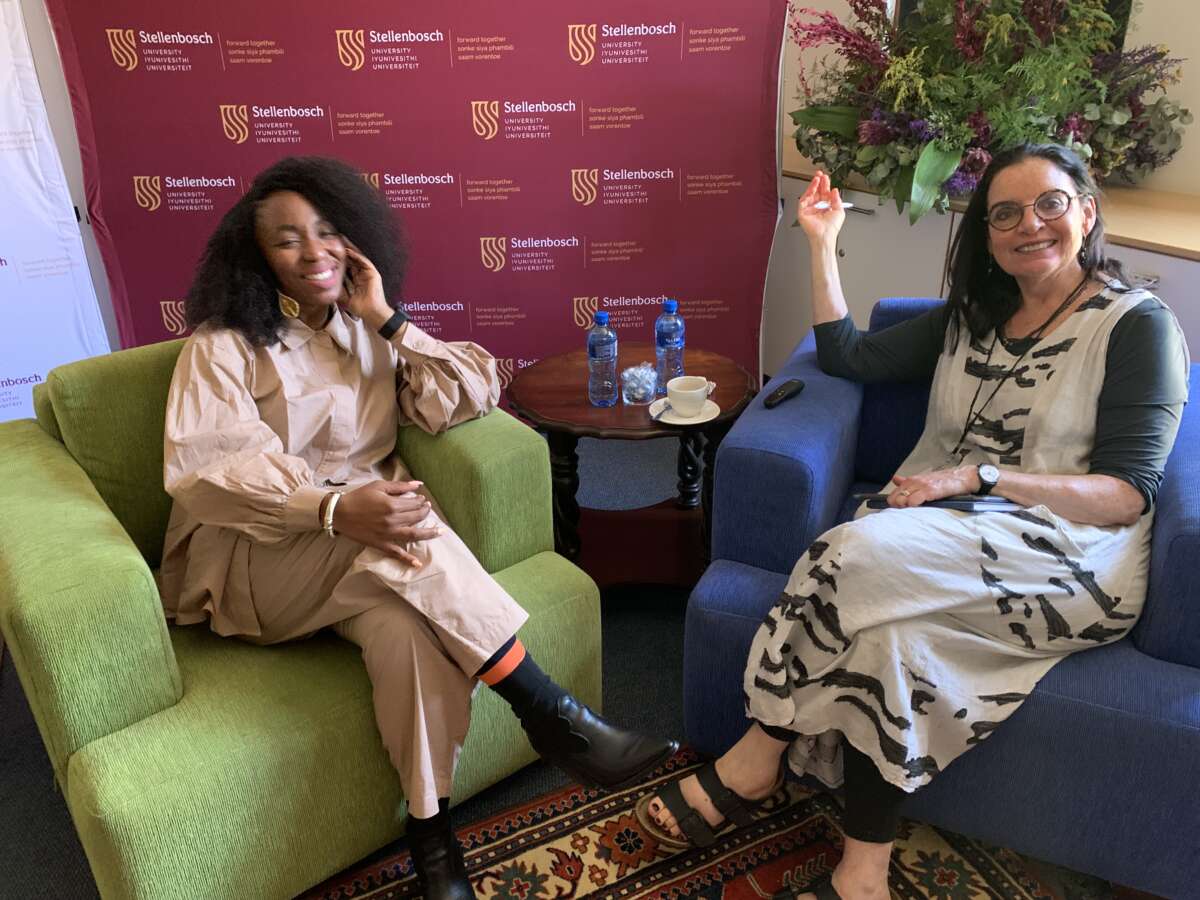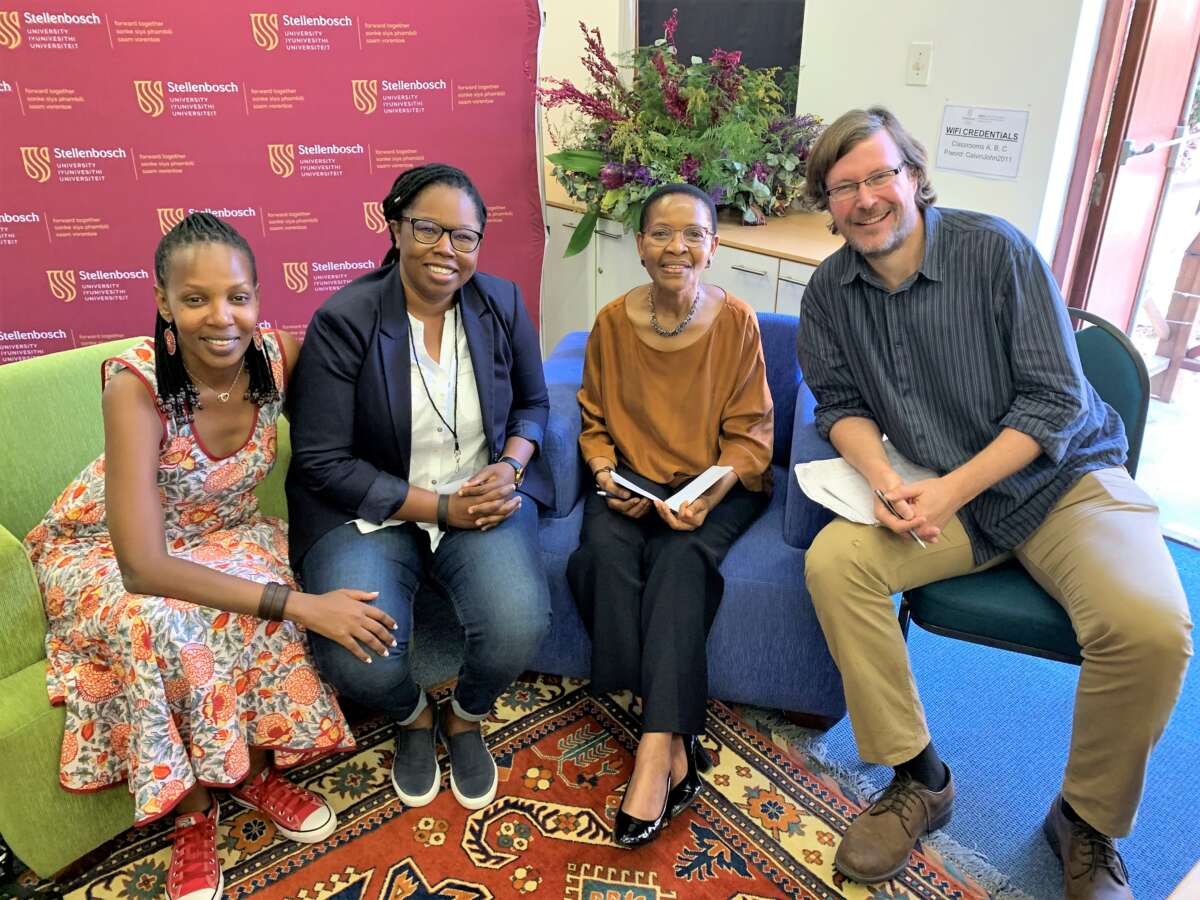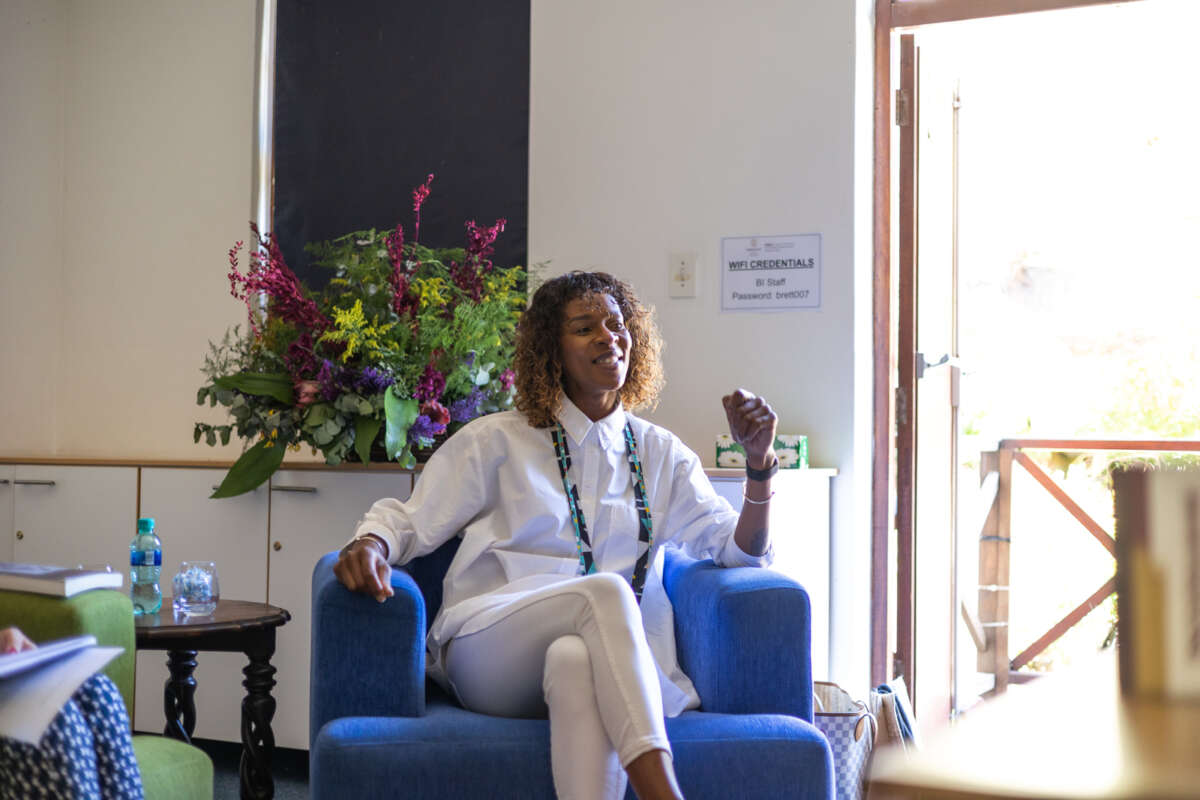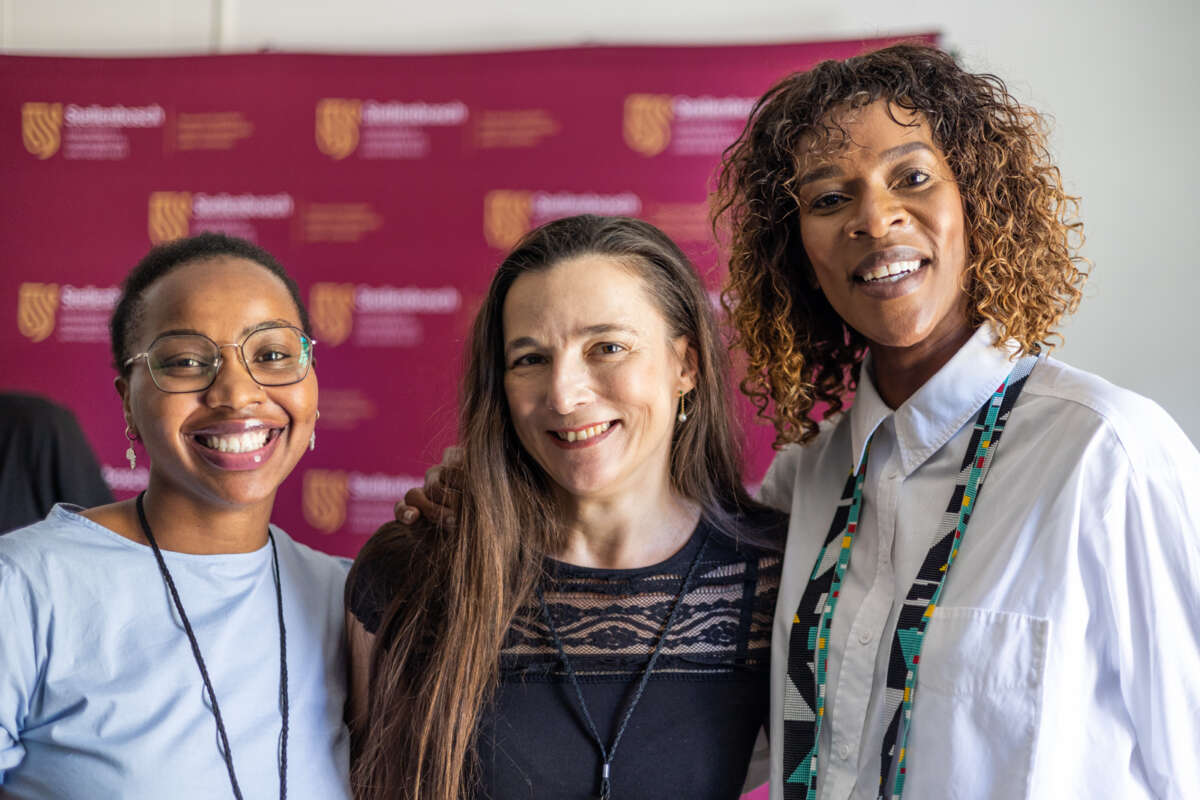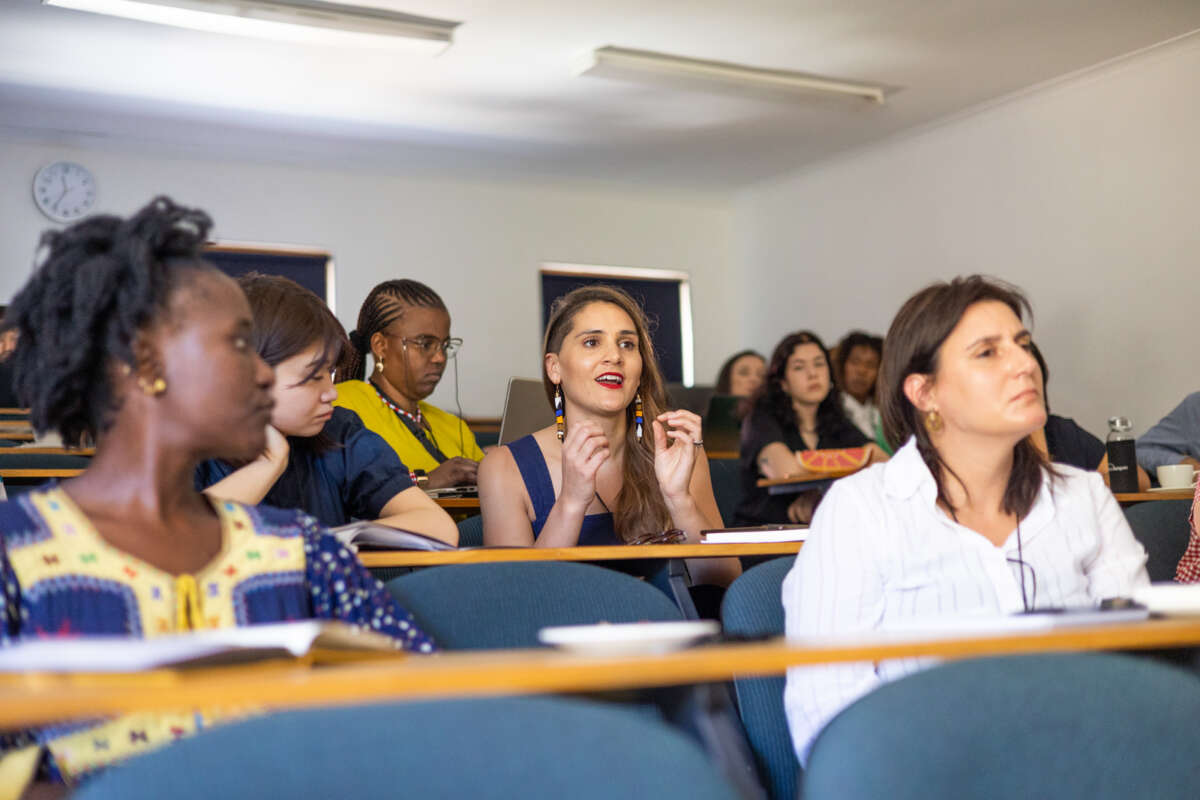6-9 December 2022
Kalk Bay, Cape Town, South Africa
“Transgenerational transmission of trauma” has become one of the primary ways in which legacies of violent histories have been understood in the humanities and social sciences and in civil society organisations. The concept’s foundation is built on the study of real-life narratives and witness testimonies of survivors, as well as on literary narratives about survivors’ experiences and the relationship that descendants have with historical trauma of successive parental generations. In this context, it is argued, the memory of past traumatic experiences is transmitted to the next generation through artefacts, images, stories, etc. Sometimes “symptoms” of the trauma are handed down by the parental generations to the next younger generation, and the next. Although there are shifts in this universalising tendency, the approach in the scholarship on historical trauma has been to apply this theoretical framework of inter-/transgenerational transmission of trauma to explain the enduring legacies of violence in other “post”-conflict democracies without paying attention to the complexity and chaos that has sometimes been witnessed after transitional processes despite commitment to democratic rule.
The three-day conference created a unique and intimate space for the coming together of graduate students and postdoctoral fellows, with established scholars and practitioners. The programme was intentionally curated to ensure that the different modalities (academic papers, dance, film, poetry and dialogue) created contrasting forms of expression and to allow participants some reprieve from the intensity of much of the conference subject matter (trauma, violence etc). Deliberate effort was made to ensure that emerging and established scholars could be in conversation with one another and that participants from different countries could engage each other’s presentations. Pieces of dance, performance and theatre were inserted throughout. The intergenerational and inter-disciplinary nature of the conference gave birth to a particularly vibrant and dynamic atmosphere which allowed for critical academic analysis, personal storytelling and joint reflection between people from vastly different perspectives and lived realities.
LOV Conference Report 23.1.23 (pdf | 1.34 Mb)

